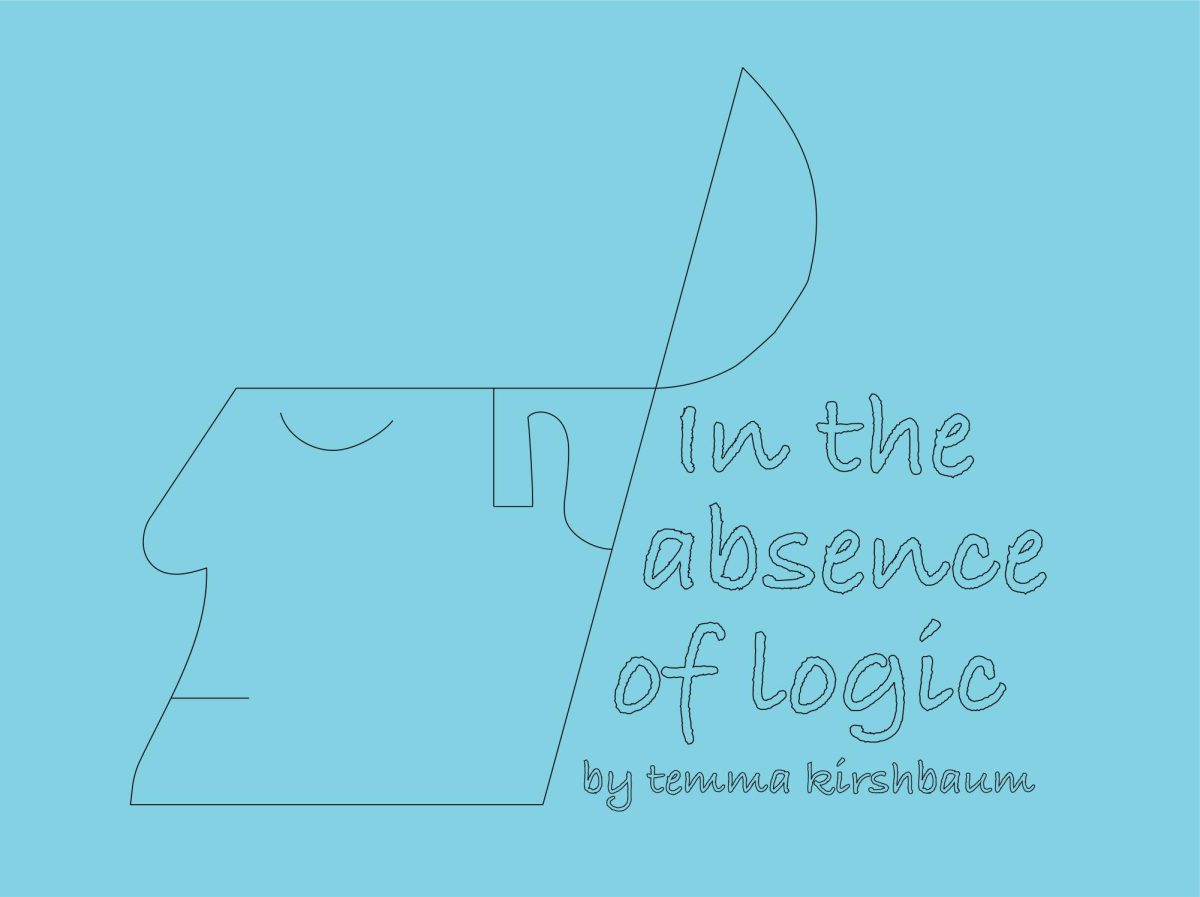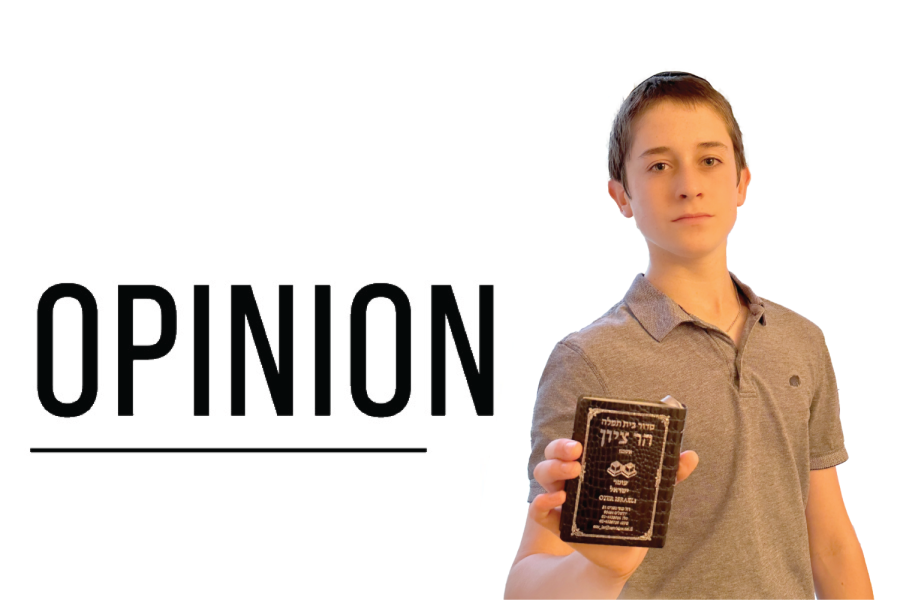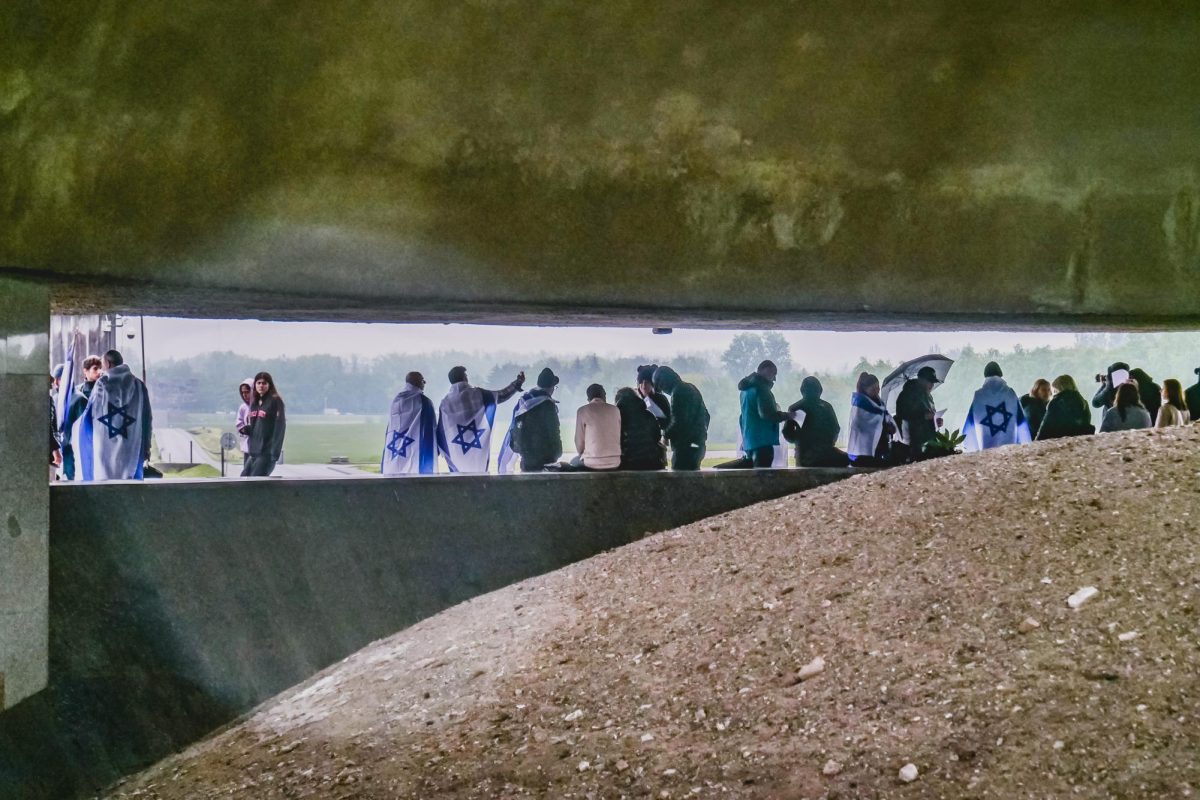I hesitate to imagine the gaze of Franz Kafka as I write an article espousing the virtue of an administrative “policy” imposed on passive young children, but my intention is not merely to champion a policy, but rather, to show you how the policy serves the best interest of our school. And of course, we don’t live in the bureaucratic netherworld of Kafka’s early 20th century Prague, where rules not only added layers of complications and circuits to a society that already resembled a giant DMV, but also seemed devoid of any compassion and benevolence.
Over the summer, we introduced a policy into the handbook that prohibits students from taking two overnight trips within a 30 day time period. The policy also states that no student may take more than two such trips during a semester. Shalhevet is not alone in creating such a policy; in point of fact, Crossroads School in Santa Monica has a similar “30 day” rule, and they offer trips as diverse as “Bird Watching in the Lower Reno Badlands,” along with an orchestra that travels the country. We consulted with Crossroads prior to considering the rule for Shalhevet, and they confessed to many of our same issues.
The intention behind this policy is to help address the academic disruptions that inevitably emerge when students miss significant class time, especially within a confined time period. Last year, Mr. Tranchi and I had to deal with many students who rather haphazardly committed to trips without considering the needs of the teachers (who must already deal with a constantly changing schedule and depleted stores of class time) or their own academic welfare. Many students found themselves faltering in classes as a consequence of frequent absences, while many teachers found themselves laboring to bring students back up to speed–a labor which includes scheduling time for make up quizzes, tests, and essays. As students and teachers know, our hyperactive, inflexible schedule affords negligible out of class meeting time to begin with. Ironically, we also considered the impact done to clubs, committees, and extra curricular activities, all of which depend on a measure of loyalty and commitment, not to mention physical presence. Students who take two trips in a 30 day period directly threaten these commitments. Clearly, the status quo did not work, and we had to make changes.
Now, we clearly recognize and celebrate the fact that Shalhevet is a school with rather superhuman students who find great value, and great validation, in being involved in our award winning extra curricular programs, from Model Congress, Model UN, Boiling Point, Basketball, and myriad others that require “trips.” And we clearly recognize that these trips provide unique opportunities for bonding and solidarity. Shalhevet draws tremendous pride, and so does the community, from your very diverse accomplishments. However, if we intend to invest heavily in a robust extra curricular program, and provide students with more opportunities to take trips, we must also sensibly manage the type, and amount, of commitments students make. We must also ensure that students do not commit to trips for the wrong reasons, like dressing up their college resumes, or seeing what life looks like outside of Beverlywood. If we don’t properly manage these trips, then Shalhevet won’t grow and innovate irresponsibly.
Finally, and most importantly, the policy “in practice” allows us to evaluate students on a case by case basis, and determine where particular exceptions need to be made. This evaluation will be done in consultation with a student’s extra curricular advisor, grade level advisor, teachers, and parents. Additionally, any one of these people can serve as advocates on behalf of a student. In the majority of cases, we will have to honor the policy. However, there certainly may be cases where overlooking the policy makes sense (not all trips will cause the same disruptions, or lead to similar intrusions on class time), or we need to make subtle and sensible adjustments. Either way, I can guarantee you that the process will be done reasonably, empathically, and with the whole school in mind.
Clearly, there’s nothing Kafkaesque about this.






